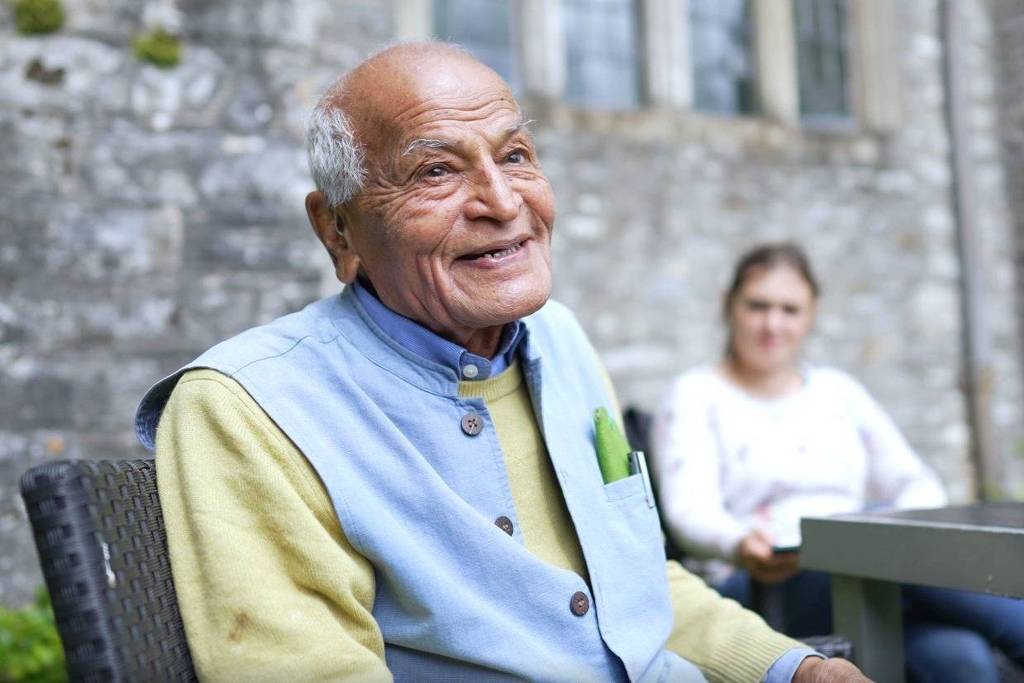“The economy is based on the natural world, so if there is no water, soil, wood, or animals, where will the economy come from?”, asks Indian environmentalist and pacifist Satish Kumar, 87, founder of Schumacher College, a renowned college based in the UK.
“The economy is a means to an end, and the end is human well-being and planetary well-being. But we don’t have that”, says the educator, for whom the economy practiced in today’s world has distanced itself so much from its original meaning (eco, from the Greek “oikos”, means home or place of residence, and “oikonomia” is its administration) that should be called “moneynomy”.
Critical of the means of mass production, Satish named his school after his friend and British economist, born in Germany, E.F. Schumacher (1911-1977), author of the book “Small is Beautiful” and for whom economics is a subfield of ecology. Schumacher’s ideas inspired movements such as “fair trade” and “buy local”, encouraging the purchase of local products.
After welcoming more than 500 Brazilians to its campus in southwest England, in 2014 a Schumacher College unit was opened in Brazil.
Satish says that humanity today lives an imaginary separation between human beings and nature. According to him, the lack of understanding of this interdependence is at the root of the current climate crisis.
Read more at Folha de S. Paulo



